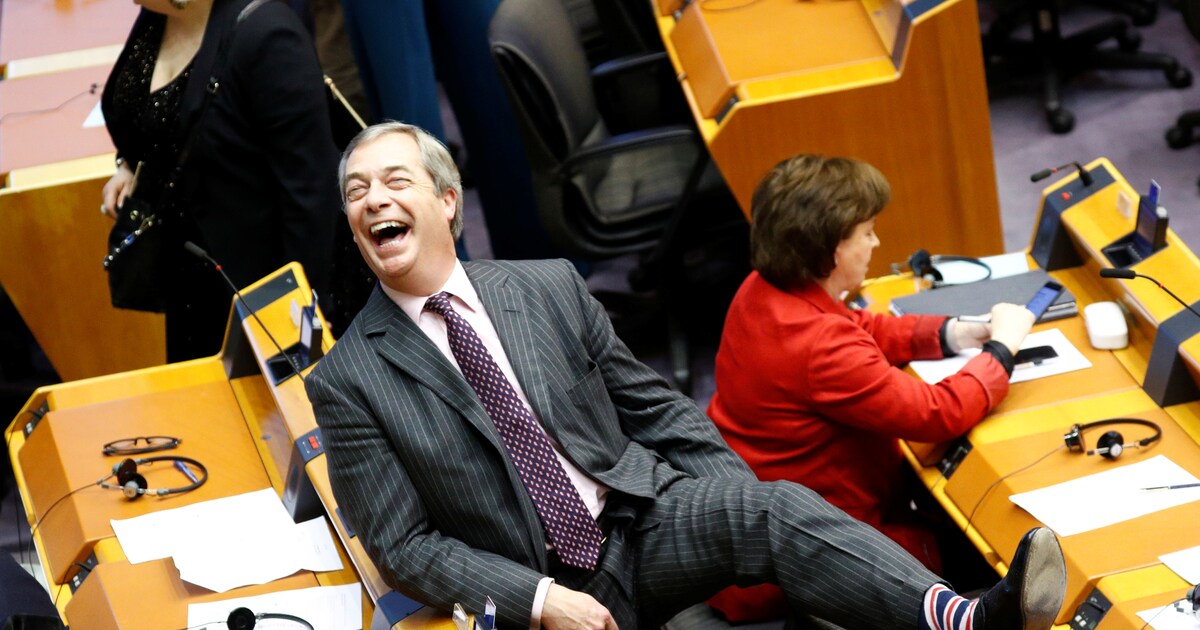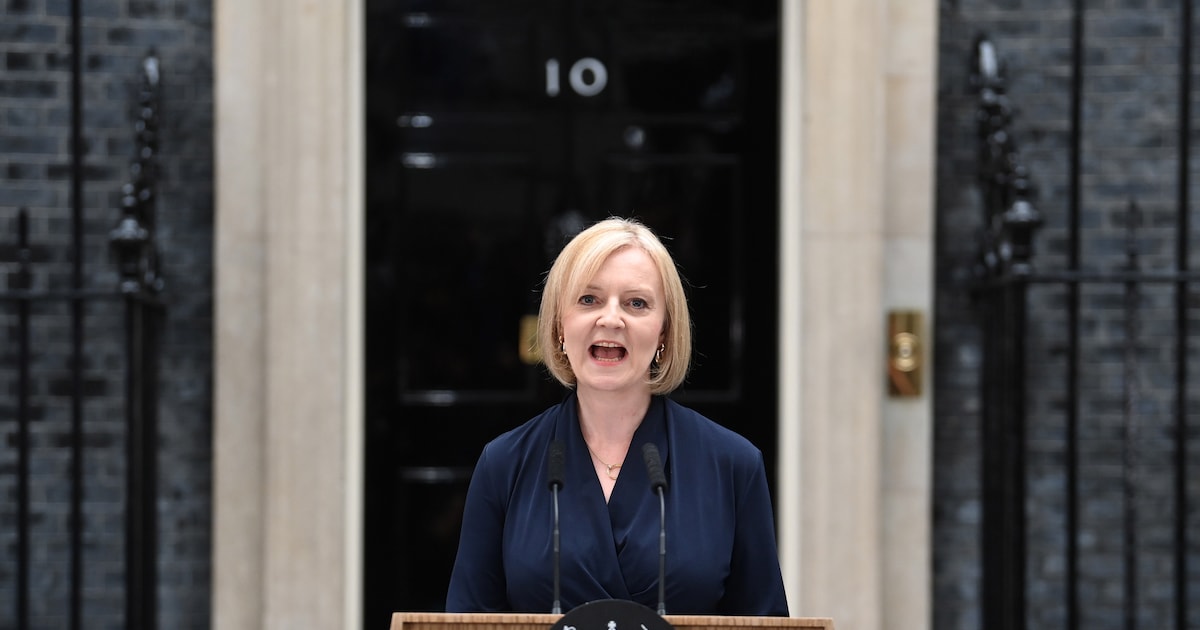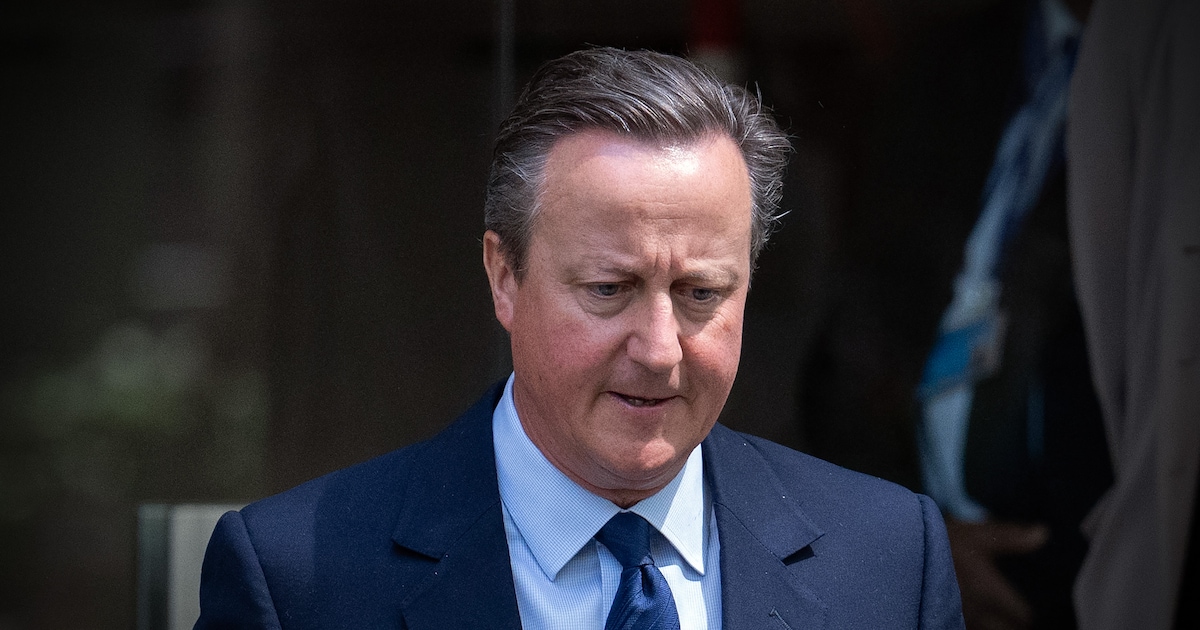Boris Johnson’s days as Britain’s political leader appear to be numbered. The Prime Minister stressed in Parliament on Wednesday afternoon that he still wanted to go ahead, but he was increasingly convinced that this was actually possible.
His government thinned out quickly on Wednesday, a day after his finance and health ministers resigned. By the start of the evening, nearly forty ministers and especially deputy ministers (a kind of state secretaries) had submitted their resignations.
Sajid Javid, the outgoing health minister, had called on his former colleagues on Wednesday afternoon to follow his example. “Enough is enough,” he said. “Balancing the line between loyalty and integrity has become impossible in recent months.” Javid is supported by the British people. An opinion poll published in the morning showed that 69 percent of Britons now think Johnson should take over as prime minister. And more importantly: for the first time, a majority (54 percent) of voters who voted for the Conservative Party in 2019 think so.
The pressure is increasing
A special delegation from the cabinet is said to have visited Johnson on Wednesday evening. Perhaps to convince him to resign voluntarily. So the pressure increases. It is hard to imagine that fourteen months ago the Prime Minister would confidently announce his intention to remain in office for three terms. Meanwhile, he likely won’t finish first.
The scandals have continued to pile up over the past year. First, the renovation of the main house is very expensive. Then, handing over leadership to members of parliament who have long been discredited due to corruption. And in December, ‘partygate’ began: the scandal surrounding illegal parties of government employees during the coronavirus lockdown, which Johnson himself sometimes attended. Last month, the Prime Minister narrowly survived a vote of confidence from his Conservative Party. Since then, he has lost most of his political authority.
Last week the scandal involving MP Chris Pincher was added. He had to resign after being accused of sexual harassment. Johnson was aware of the previous allegations against Pincher, but still appointed him as one of the leaders of his Conservative parliamentary group in February. In particular, the fact that the Prime Minister apparently lied about information has led to bloodshed. This proves once again that Johnson does not take the truth seriously.
Johnson is a political survival artist
The problem for the Conservative Party is that party rules state that a vote of no confidence, such as the one carried out in early June, can only be called once a year. If the factions want to get rid of Johnson, then they have to change the rules first. Because while many other prime ministers have long profited from the current situation, Johnson is a political survival artist trying to preserve his fortune at all costs.
But the question is how he thinks he can continue to govern after Wednesday’s flurry of resignation letters. Replacement of several ministers is still possible. Such a job brings so much status that many politicians are willing to accept the risk of failure now posed by their association with Johnson. But lower government positions will be much harder to fill. Even if Johnson manages to retain power, he will be able to rule his country less effectively than before.
Also read:
Johnson’s position worsened after the departure of two of his ministers.
Two top British ministers resigned on Tuesday evening. This could be the final straw for Prime Minister Boris Johnson’s tenure.

“Hipster-friendly creator. Music guru. Proud student. Bacon buff. Avid web lover. Social media specialist. Gamer.”


/s3/static.nrc.nl/wp-content/uploads/2024/04/web-2404buibootmigrant.jpg)




